Bursting onto the scene in 1984, “The Karate Kid” franchise created a world of underdogs, redemption, random karate brawls in high schools, melodrama and a never-ending cycle of high-stakes karate that’s defined generations. With the hit sequel series “Cobra Kai” wrapping on Netflix and with the new film “Karate Kid: Legends” set to hit theaters on May 30, it feels like the perfect time to reflect on the wild ride of the “Karate Kid” franchise, and what it’s meant to pop culture.
“The Karate Kid” (1984) introduced audiences to Daniel LaRusso (Ralph Macchio), a high schooler who moves to California and quickly becomes the target of bullying from Johnny Lawrence (William Zabka) and his Cobra Kai dojo. Under the guidance of the wise Mr. Miyagi (Pat Morita), Daniel learns karate. Not just as a means to fight back, but as a philosophy of balance and discipline. The film’s climactic All Valley Karate Tournament, punctuated by the legendary crane kick, cemented “The Karate Kid” as an instant classic.
Following the massive success of the original, “The Karate Kid Part II” (1986) took Daniel and Miyagi to Okinawa, Japan, deepening their bond and exploring Miyagi’s past. “The Karate Kid Part III” (1989) saw Daniel face off against a new and ruthless Cobra Kai sensei. While “The Next Karate Kid” (1994) introduced a new protagonist, Julie Pierce (Hilary Swank), under Miyagi’s mentorship. However, none of the sequels quite recaptured the magic of the first film. In 2010, a reboot starring Jaden Smith and Jackie Chan attempted to modernize the story. Despite being financially successful, it failed to connect with long-time fans, leaving the franchise’s future uncertain. But it appears that the film served some purpose in the grand scheme of “Karate Kid” lore.
Love for the franchise never went away, especially from television’s favorite eligible bachelor. In the beloved sitcom, “How I Met Your Mother,” Barney Stinson (Neil Patrick Harris) argued that Johnny Lawrence was the true hero of “The Karate Kid.” This theory gained popularity among fans and even led to Zabka making cameo appearances as himself on the show. The creators of “Cobra Kai” took this idea and ran with it, leading us perfectly to this unlikely hit of a series.
In 2018, “Cobra Kai” debuted on YouTube Premium, later moving to Netflix, and instantly revitalized “The Karate Kid” universe. The series flipped the script by telling the story from Johnny Lawrence’s perspective. Now a washed-up, down-on-his-luck man struggling with his troubled past, Johnny reopens the Cobra Kai dojo to reclaim his purpose. Meanwhile, Daniel LaRusso has built a successful life but struggles with balancing his past and present.
What makes “Cobra Kai” special is its ability to balance nostalgia with fresh storytelling. The show pays homage to the original films while introducing a new generation of students, including Miguel (Xolo Maridueña), Hawk (Jacob Bertrand), Tory (Peyton List), Robby (Tanner Buchanan), and Sam (Mary Mouser). It also deepens the complexity of its characters, challenging the black-and-white morality of the original movies. But it still provides that signature ‘80s spark of epic heroism and unforgettable moments. It bridges the gap between old and new fans, allowing younger audiences to connect while longtime fans enjoy seeing familiar faces. Nostalgic callbacks are everywhere, with returning characters like Terry Silver (Thomas Ian Griffith) and Chozen Toguchi (Yuji Okumoto), while well-placed references enhance rather than overwhelm the narrative. The show never took itself too seriously either, blending drama with humor in a way that kept viewers engaged. “Cobra Kai” is also a masterclass in character development, with it arguably being the show’s greatest attribute. The series transforms once one-dimensional figures into complex, evolving individuals. You can despise a character one moment, then love them the next. And the way character dynamics change and flip makes the show feel like it writes itself. Their personal struggles and growth are just as compelling as any karate rivalry.
At its core, the heart of “Cobra Kai” has always lied in the bond between Johnny Lawrence and Miguel Diaz. Miguel is the first student Johnny takes under his wing when he reopens Cobra Kai, and their relationship becomes a surrogate father-son dynamic. Miguel, a kind-hearted but bullied teenager, finds confidence and strength through Johnny’s unconventional teachings. Meanwhile, Johnny, who has long struggled with his own failures as a father, sees Miguel as a second chance to do things right. Their evolving bond is the emotional backbone of the series, and it was great to see the final season embrace that even amongst the huge ensemble cast the show has built. As well as what the series is truly about: the redemption of Johnny Lawrence and Cobra Kai.
But with “Cobra Kai” now in the rearview, the iconic franchise will go on with the aforementioned “Karate Kid: Legends” set to bring the franchise back to the big screen. It’s fun to speculate on what this film may look like, especially following the end of “Cobra Kai.”
“COBRA KAI” Spoilers Ahead
Introducing a new protagonist while bridging connections to the original series. The film centers on Li Fong (Ben Wang), a kung fu prodigy from Beijing who relocates to New York City with his mother following a family tragedy. As Li struggles to adapt to his new environment and faces challenges from local adversaries, he enters a karate competition to assist a friend in need. Recognizing that his kung fu skills may not suffice, Li’s teacher, Mr. Han (Jackie Chan) seeks guidance from Daniel LaRusso, integrating the wisdom and experience of the original “Karate Kid” into Li’s journey (IMDB).
There’s no official confirmation regarding the inclusion of characters from the “Cobra Kai” series. However, given Daniel LaRusso’s central role in both “Cobra Kai” and the upcoming film, connections or references to “Cobra Kai” characters may emerge, but specific details remain unconfirmed at this time. But the growth Daniel undertook in the series will have to be apparent, especially the merge of the Miyagi-do and Cobra Kai philosophies. Perhaps more information is being withheld in the marketing to not spoil the final season of “Cobra Kai.” Like the first trailer for “Spider-Man: No Way Home” having to work around the events of “Avengers: Endgame” because it hadn’t been released yet. But regardless, the “Karate Kid” lore will be expanded once more as the fight never ends.
From a beloved 80s classic to a modern cultural phenomenon, “The Karate Kid” has proven its cultural relevance. Whether through Daniel LaRusso’s journey, Johnny Lawrence’s redemption, or the next generation of karate students, one thing remains clear—the cycle always continues. But there’s one thing to always remember: ”Cobra Kai: Never dies.”


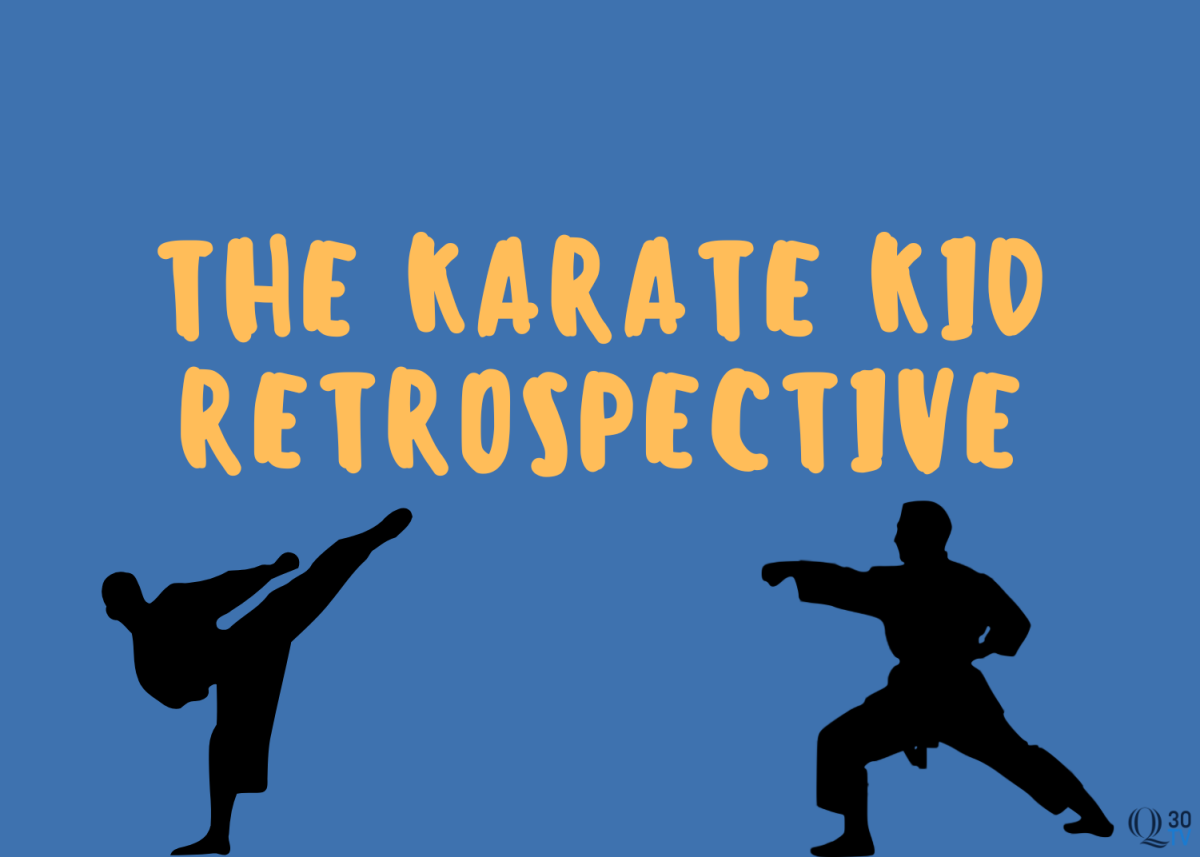
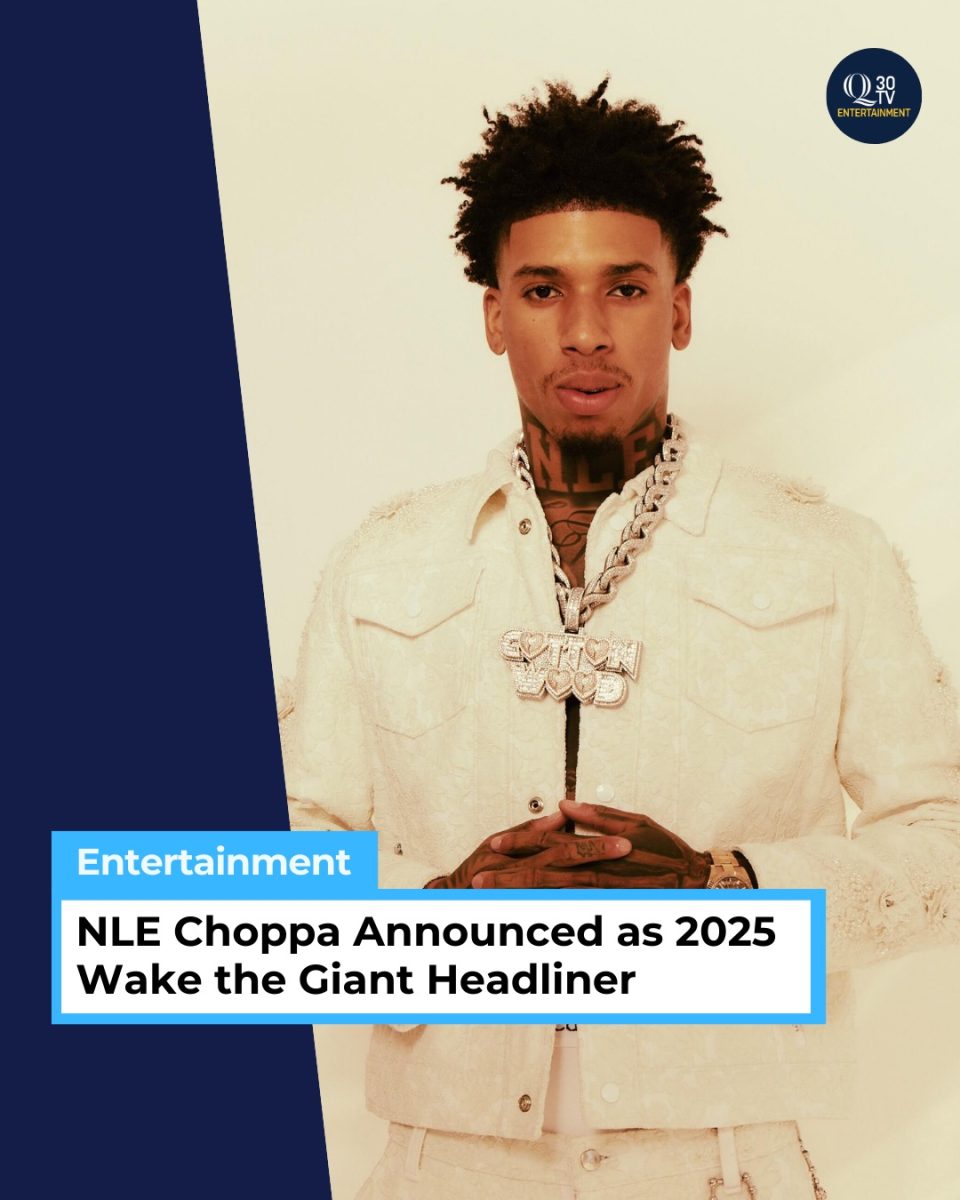
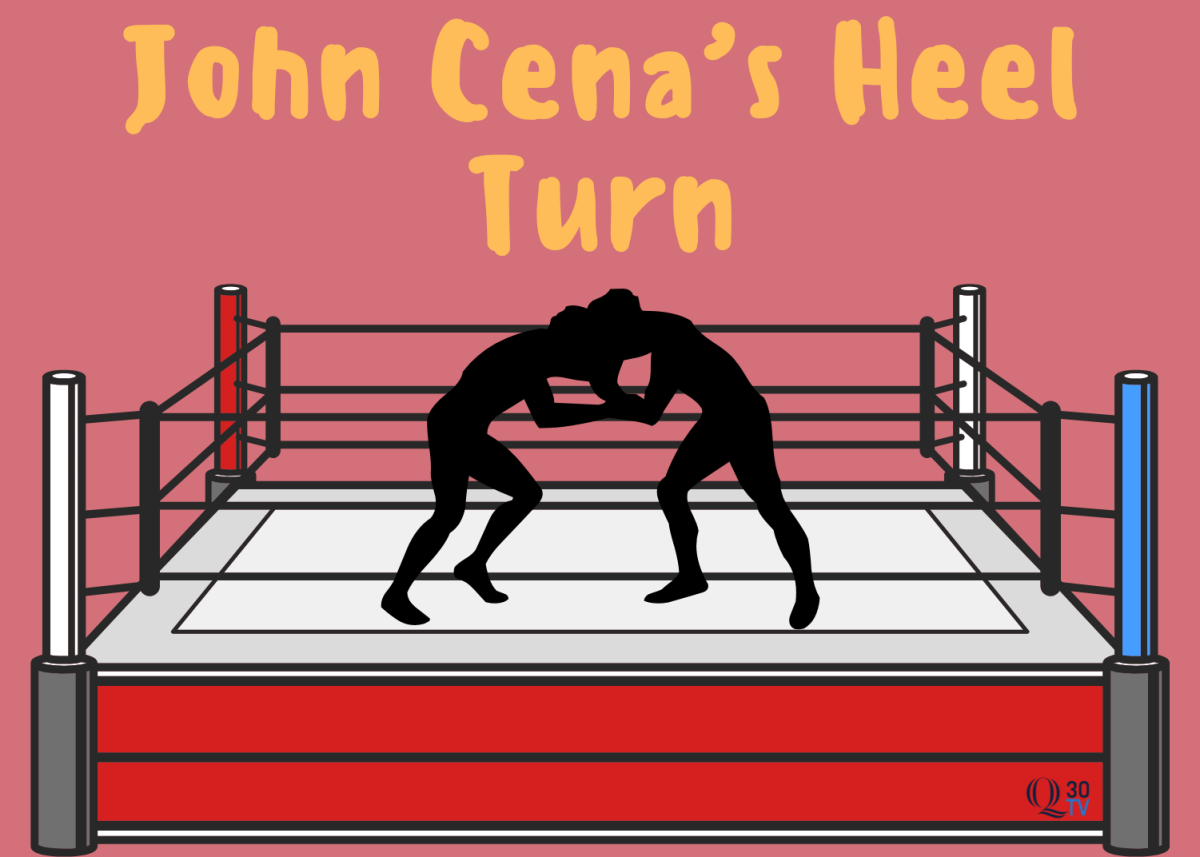
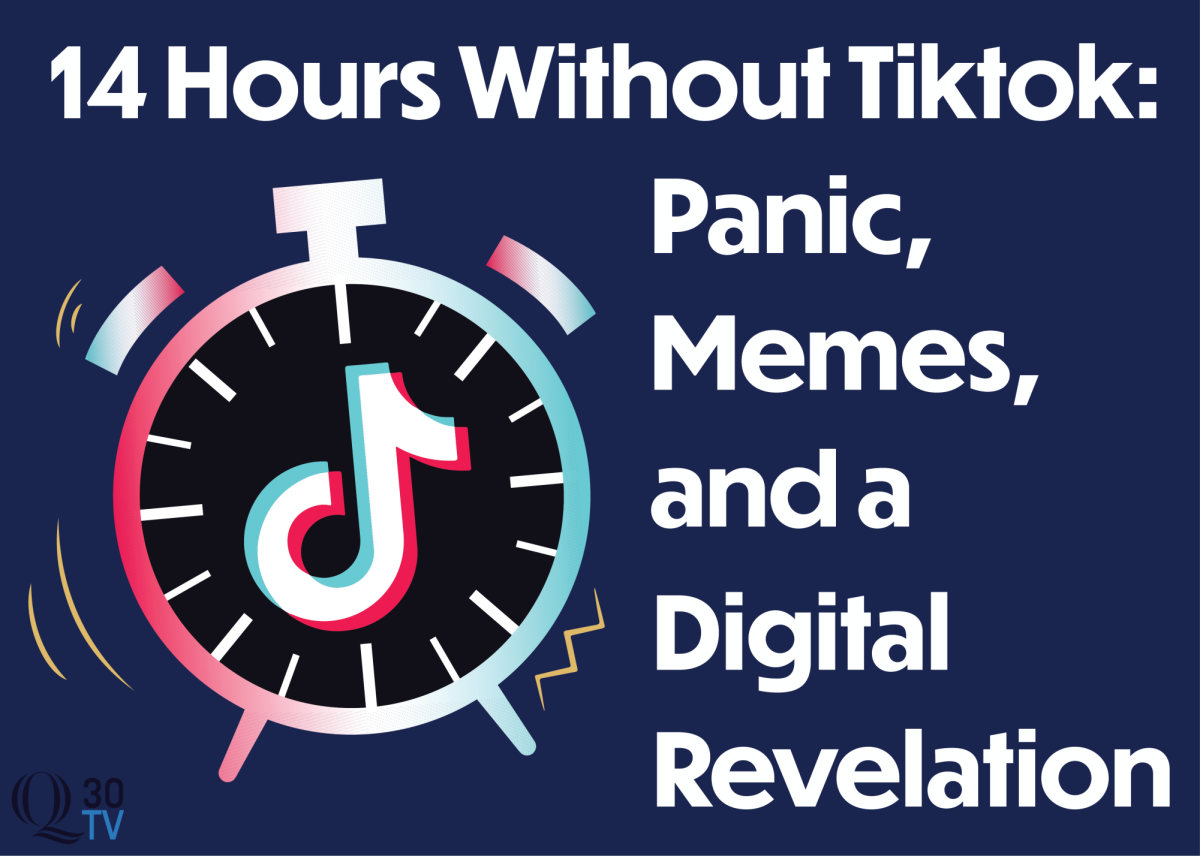
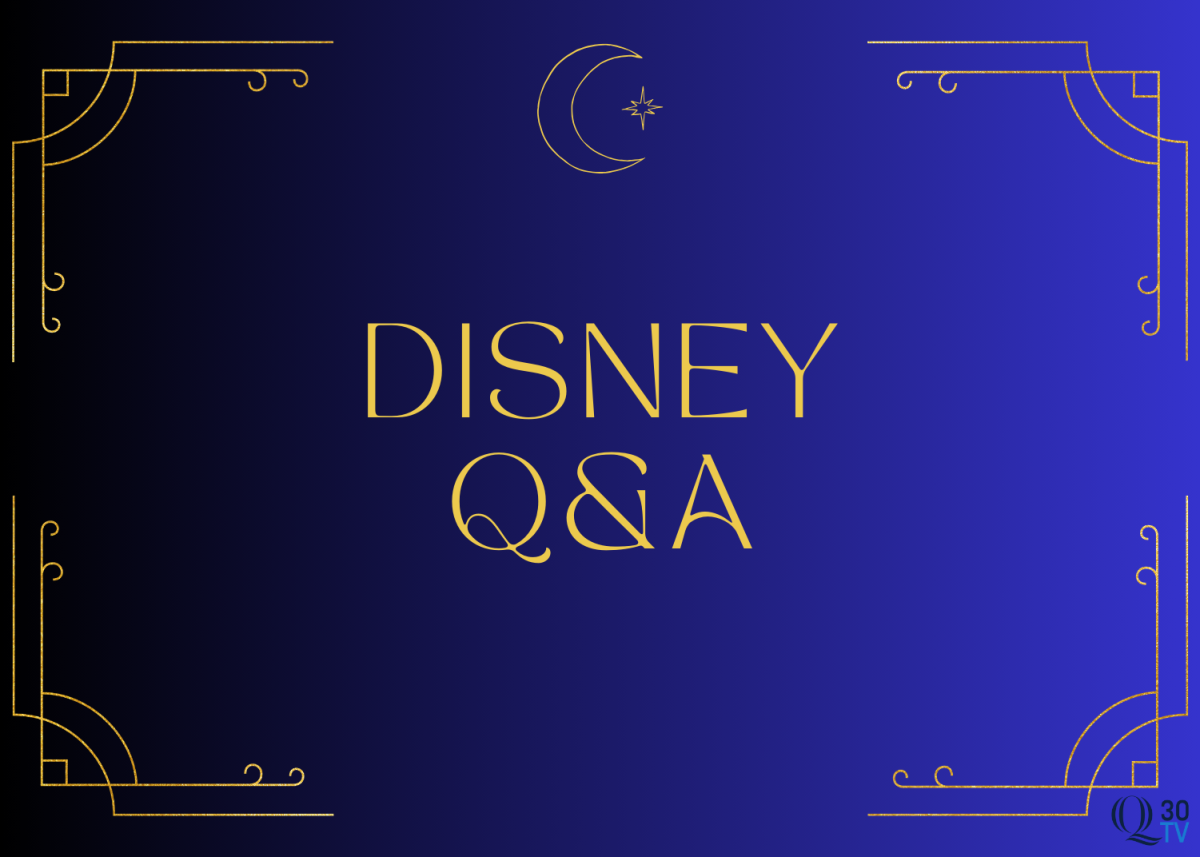



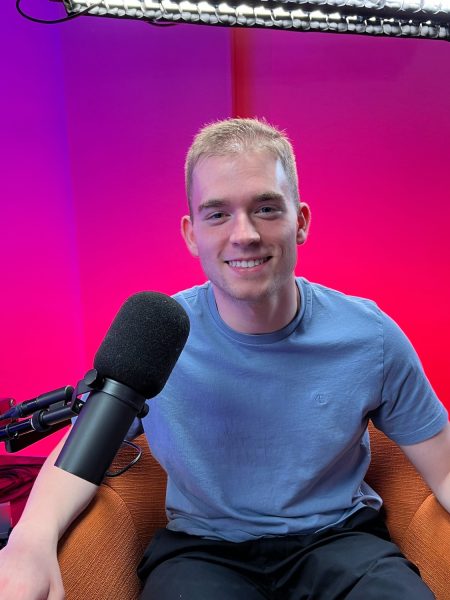
Darlene Swoboda • Mar 6, 2025 at 2:41 pm
Loved the show may it never end